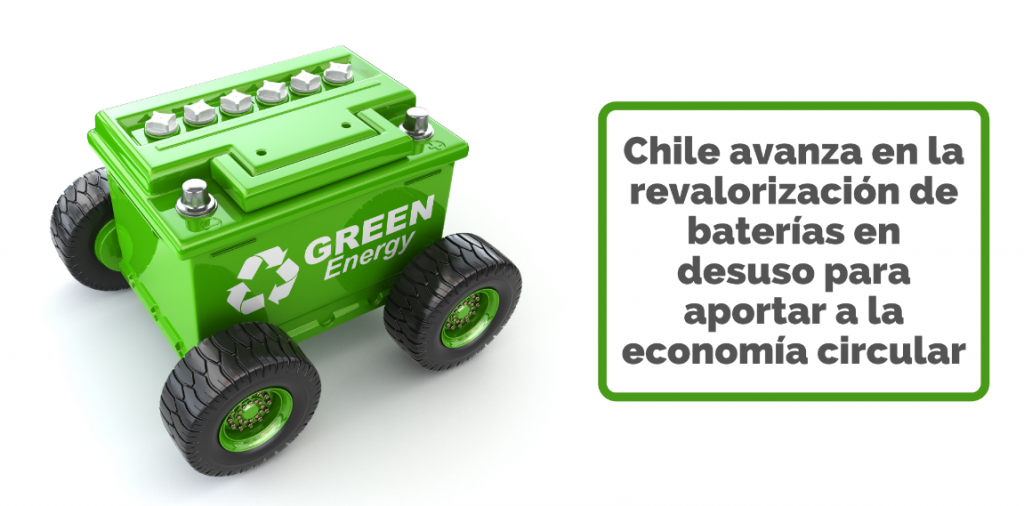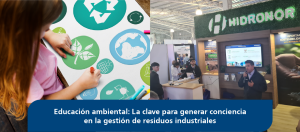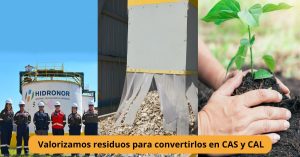Prior to the entry into force of the Law on Extended Producer Responsibility (EPR) and Recycling of the Supreme Decree, which will set the collection and recovery goals for end-of-life batteries (BFU), our country launched an unprecedented pilot plan to recover this hazardous waste; they are determined this way because of the toxic substances that settle inside, such as sulfuric acid and lead.
More than 45 thousand battery units were collected in just 12 months by implementing this model plan. An important management in a context where there has been an exponential growth for importing vehicles, especially in recent years, and has increased this type of waste significantly generating an important number of disused BFU’s across Chile.
It is important to remember that the EPR Law considers end-of-life batteries as a priority product, therefore automotive battery importers should be prepared to organize and finance, the collection, recycling and/or recovery of BFU’s throughout the country, given that despite their toxicity, the main components of a battery can be recycled to allow the manufacturing of new batteries: in fact, 97% of the lead in new products is completely recycled!
At Hidronor we support this type of initiative and continue working to contribute to a circular economy, helping companies comply with the regulations imposed by the EPR Law, and at the same time, we take care of the environment and educate on the recycling and reuse of the waste.
“Our company has a strong commitment to recovery and recycling. We are currently evaluating different alternatives to generate value from industrial waste facing the challenges posed by the circular economy and the new regulations on the matter, and end-of-life batteries are part of this strategy”, commented Juan Andrés Salamanca, manager of Sales and Marketing of the company.
Source: CodexVerde







